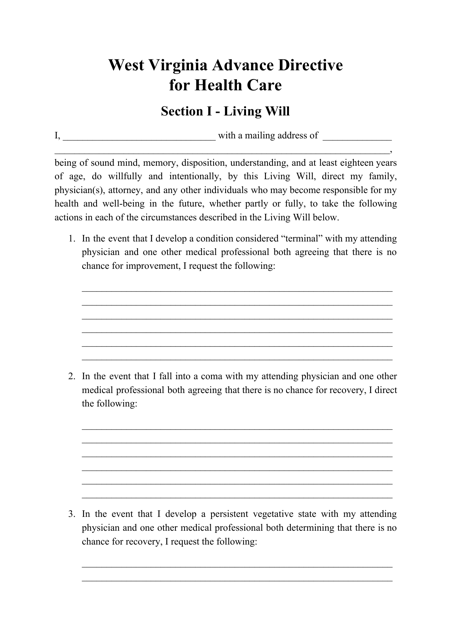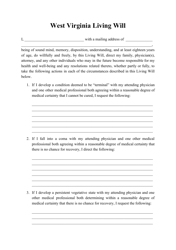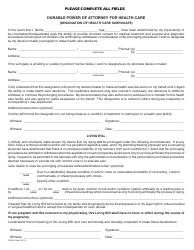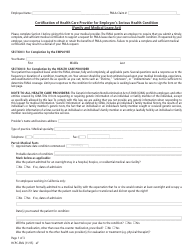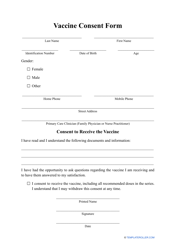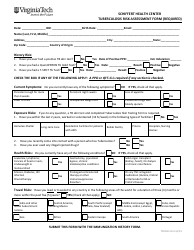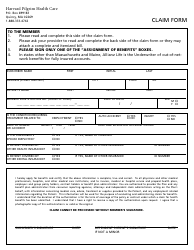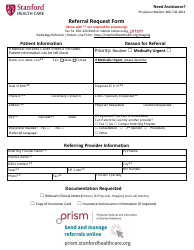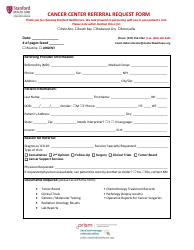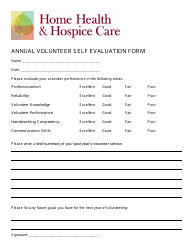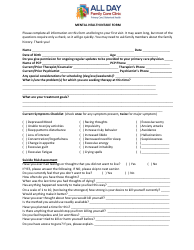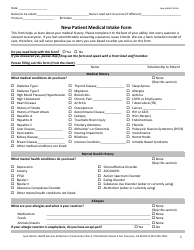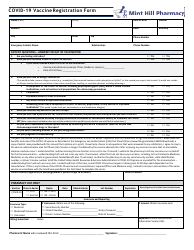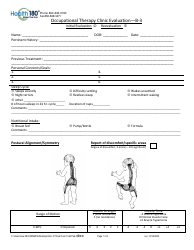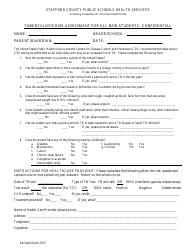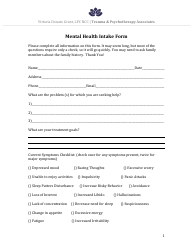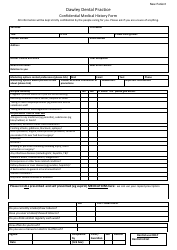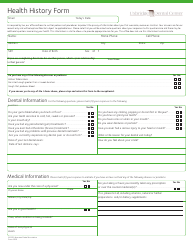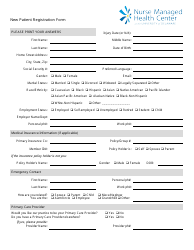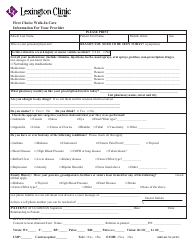Advance Directive for Health Care Form - West Virginia
A West Virginia Advance Directive is a revisable set of written instructions about future medical care that take effect in cases when a patient becomes unable to make decisions for themselves. The purpose of the form is to let an individual plan their medical treatment in advance. The form lists decisions on life-sustaining medical procedures and about the specific kinds of treatment the individual may or may not wish to receive and can be used to elect a spouse, relative, friend or attorney as a decision-maker in case the individual is unable to make their own decisions because of an illness, accident or incapacity.
The main difference between a West Virginia Advance Directive and a West Virginia Living Will is that a Living Will - also called a "directive to physicians" - is one form of the Advance Health Care Directive. It's more limited in nature and only state a patient's wishes for end-of-life medical care.
The document is defined by § 16-30-1 through § 16-30-25 of the West Virginia Code . It is necessary to have the document signed by two (2) witnesses and a notary. You can download it through this link or make your own Advance Directive with our online form-building application.
What Is a West Virginia Advance Directive?
Advance Directives are legally binding documents that outline an individual's wishes regarding life support, resuscitation and other interventions for both their health care team and family members.
The paperwork for all Advance Directives for Health Care includes two parts in total - a Living Will and a Medical Power of Attorney.
- A Living Will is a legal document that intends to ensure and specify an individual's end-of-life wishes regarding health care and medical treatment in the event of their permanent incapacity.
- A Medical Power of Attorney - otherwise called a Durable Power of Attorney for Health Care - is a form that elects an agent to make medical decisions on the behalf of the individual signing the document.
How to Write an Advance Directive in West Virginia?
You'll need to follow these important steps when preparing your document:
STEP 1 - Choose your health care agent - or proxy. This agent should be a person you trust to make medical decisions for you.
STEP 2 - Consider the kinds of treatment you do or do not want to receive in the event of a serious illness or incapacitation. Consider whether you want to:
- Take antibiotics to treat infections;
- Receive cardiopulmonary resuscitation (CPR);
- Be on an extracorporeal membrane oxygenation (ECMO) machine when you cannot breathe on your own;
- Be on a dialysis machine in case of kidney failure;
- Be tube-fed if you can't eat or drink on your own.
STEP 3 - Keep the original completed and signed Advance Directive form with your medical records and give copies out to your health care proxy, physicians, health care providers, and - if necessary - to family members and close friends.
